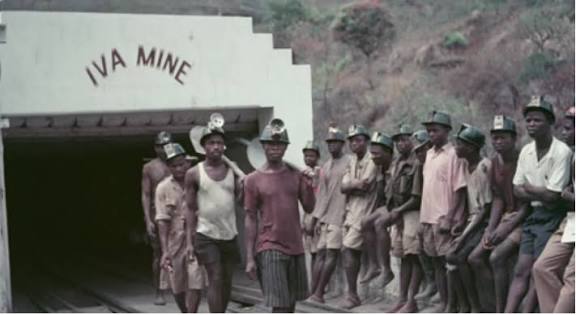
Amid escalating tensions in the Red Sea, vessel tracking data has revealed a significant shift in global shipping routes, prompting a U.S.-led coalition’s proactive measures to safeguard vessels from attacks orchestrated by Yemen’s Houthi militants.
The Iran-backed Houthis, citing support for Palestinians in Gaza besieged by Israel, have intensified attacks on commercial shipping using drones and missiles. These assaults have compelled ship operators to alter courses, opting for longer, alternative routes around the southern tip of Africa, according to information from financial firm LSEG’s ship tracking data.
One of the notable instances involves the Aigeorgis, chartered by BP to transport vacuum gasoil (VGO) from India’s Jamnagar to Texas. The vessel recently altered its trajectory along Africa’s East Coast, bypassing the Red Sea and steering towards the Cape of Good Hope, adding approximately nine extra days to its journey. VGO, a critical refining component for gasoline and diesel production, has historically traversed the Red Sea in BP’s shipments from Jamnagar.
When contacted, a BP spokesperson declined to comment specifically on the Aigeorgis but referenced an earlier statement outlining the company’s decision to reroute its ships. BP had announced plans on Tuesday to avoid the Red Sea, redirecting vessels around the Cape of Good Hope.
Another ship, the Sonangol Cabinda, chartered by Equinor to ferry crude oil from Texas to India, executed a swift 180-degree turn within the Red Sea, changing its course towards the Suez Canal en route to the Mediterranean, as indicated by LSEG tracking data.
The U.S.-led naval coalition, involving 20 countries, was announced last week with the aim of securing commercial traffic in the Red Sea. However, participation confirmation remains pending from some countries, while others have specified that safeguarding operations will fall under existing naval agreements. The lack of concrete operational details has left shipping entities perplexed about navigating through the region safely.
Equinor remarked on Tuesday that they have paused new activities involving transit through the area. Ships currently present in the region are being rerouted or put on hold, according to a company spokesperson.
The upheaval in shipping routes due to Houthi attacks has caused congestion at several African ports, inundated by the influx of vessels seeking alternative passages.
“War risk premiums for tankers traveling via the Red Sea have been rising of late so that can make the longer (Cape of Good Hope) route a slightly less bitter pill for charterers,” said Jay Maroo, an analyst at energy data firm Vortexa.
Multiple tankers departing ports east of Suez for non-U.S. destinations have altered their courses or rerouted to bypass the Red Sea. Among them is the Bow Olympus, chartered by Equinor, which changed its trajectory across the Atlantic while en route to Suez, redirecting towards Durban, South Africa.
Simultaneously, the Almi Globe, chartered by BP, underwent a redirection in the Mediterranean. Initially bound for Suez, the vessel altered its course towards Las Palmas, Spain, raising further questions about the stability of traditional shipping routes in the region amid escalating tensions and security concerns.




